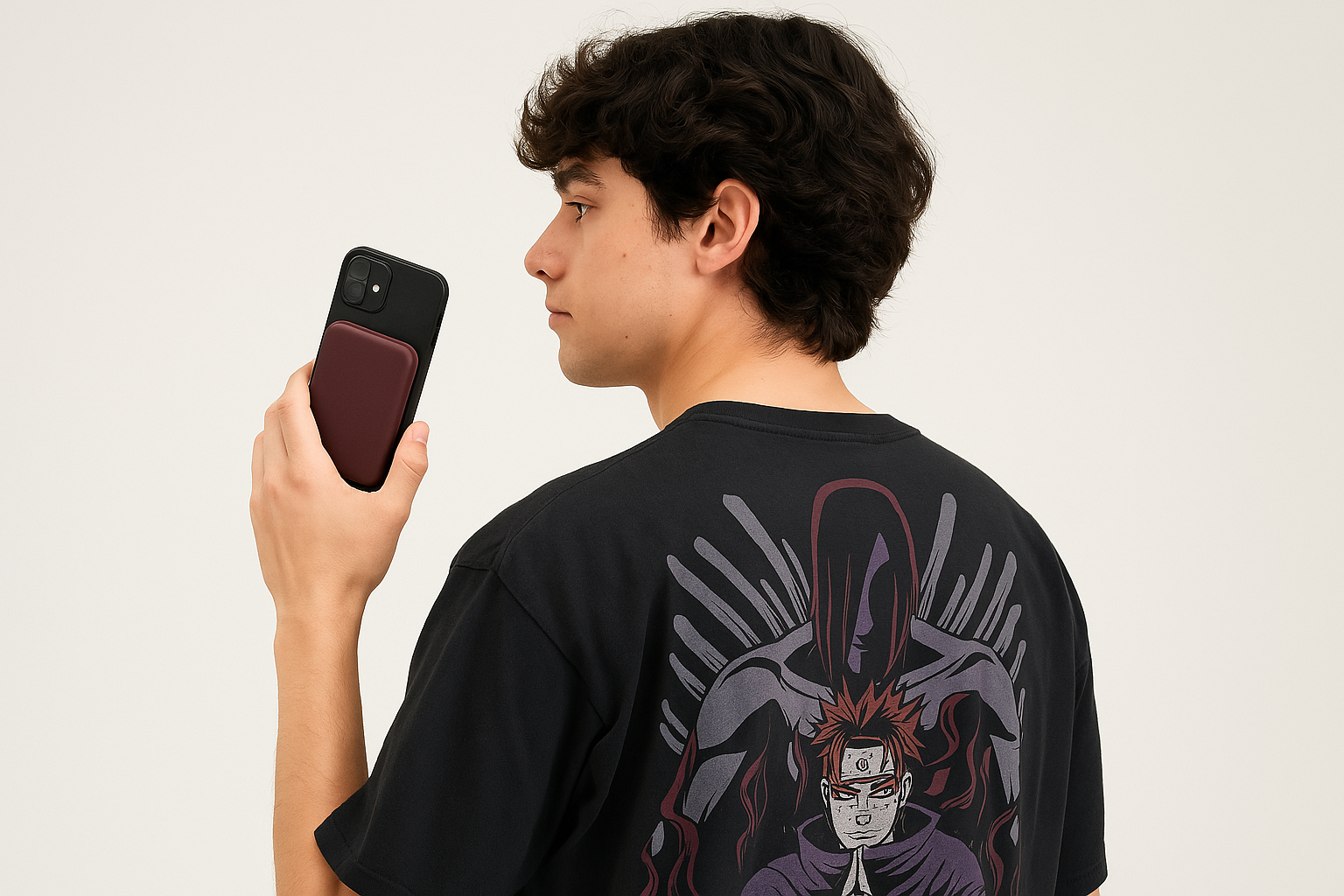The ethics of AI in art is creativity at risk
The Ethics of AI in Art: Is Creativity at Risk?
The integration of artificial intelligence (AI) in art creation is an exciting yet controversial frontier. As AI systems become more advanced, they’re pushing the boundaries of what’s possible in the creative realm. But this technological leap also raises numerous ethical challenges that demand our attention.
Ethical Challenges of AI in Art
Authorship and Ownership
AI-generated art blurs the lines of authorship, raising questions about who should be considered the creator of the artwork:
- 🧑💻 The programmer who developed the AI?
- 👤 The user who provided the inputs and guidance?
- 🤖 Or the AI itself?
Currently, AI-generated works are not recognized for copyright purposes by legal frameworks like the U.S. Copyright Office. This lack of clarity has sparked debates around intellectual property rights and ownership of AI-generated creations.
💡 Fun Fact: In 2022, the U.S. Copyright Office rejected a copyright claim for an AI-generated artwork, stating that works “must be created by a human being” to qualify for protection.
Impact on Human Creativity
There are concerns that AI could erode human creativity by replicating artists’ styles without consent, leading to job displacement and devaluation of human-made art.
Organizations like the Artists’ Rights Society (ARS) are advocating for regulations to protect creators’ rights and ensure transparency in AI data usage. They argue that artists should have control over how their work is used to train AI systems.
Originality and Authenticity
AI’s ability to mimic human styles challenges traditional notions of originality and authenticity in art. Critics argue that AI-generated art lacks emotional depth and genuine creativity, while proponents see AI as a tool to enhance human creativity, offering new possibilities for artistic exploration.
Ethical Considerations
Consent and Compensation
AI systems often train on existing artworks without artists’ consent, raising issues of intellectual property theft. This necessitates discussions about consent and fair compensation for artists whose work is used in AI training sets.
Some argue that artists should be compensated when their work is used to train AI models, similar to how musicians receive royalties when their songs are played on streaming platforms.
Overall, the article highlights the complex ethical landscape surrounding AI-generated art, emphasizing the need for clear policies on authorship, intellectual property, and the role of AI in the creative process.
What’s Your Take?
As AI continues to advance, the ethical questions surrounding its integration in art will only become more pressing. We’d love to hear your thoughts:
💬 Do you see AI as a threat to human creativity, or a tool to unlock new artistic possibilities? Which ethical considerations do you find most important in this debate?
Share your perspectives and insights in the comments below. Let’s engage in this fascinating discourse and shape the future of AI-powered art together!

